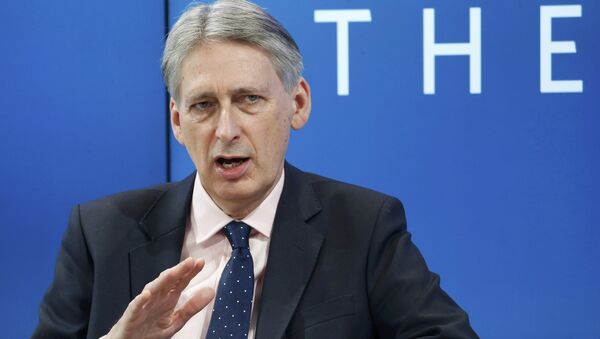The UK Chancellor of the Exchequer Phillip Hammond delivered his Spring Budget statement on March 13 in which he suggested that the government of Theresa May could begin to reverse the near-decade of austerity policies later in the year. The Chancellor declared that if levels of economic growth continued to improve into the autumn of 2018, levels of government investment in vital services could be increased for the first time since the introduction of austerity by former Prime Minister David Cameron.
Mr. Hammond cited better than expected growth projections from the Office for Budget Responsibility for the coming year which also forecast a decline in the levels of UK government debt and borrowing.
Earlier I delivered my #SpringStatement in Parliament – you can read the highlights plus the full speech here.
— Philip Hammond (@PhilipHammondUK) March 13, 2018
👉 https://t.co/nUJaDJmk5V pic.twitter.com/FQrbsBUUbi
Labour's Shadow Chancellor John McDonnell attacked what he called the "complacence" of Mr. Hammond in making the National Health Service, Law Enforcement and Schools wait for a further eight months before receiving any increase in government spending, calling instead for an immediate increase.
For eight years our doctors, nurses, teachers, police officers, carers and local communities have been been ignored by this government. Today — they’ve been ignored again. #SpringStatement pic.twitter.com/H6vF8PMfAl
— John McDonnell MP (@johnmcdonnellMP) March 13, 2018
The Labour Party, since the election of Jeremy Corbyn as its leader in September 2015, has made its primary policy pledge to be the termination of Conservative Government austerity policies and renewed public ownership of key industries and public services.
On January 29 the British Medical Journal published a report in which it drew a direct link between lower levels of government funding for health and housing services and declining life-expectancies of the poorest members of society.


